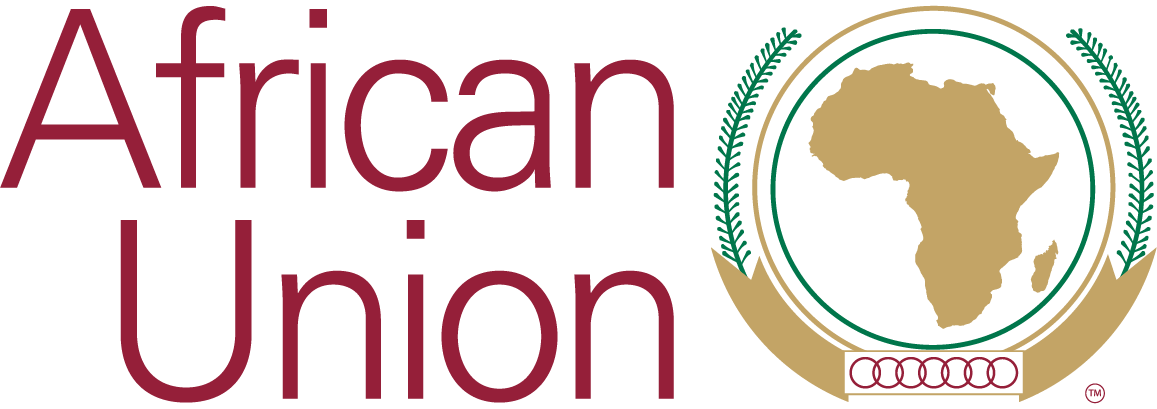
African Group of Negotiators
on Climate Change
Core Values
- Sovereignty of states and multilateralism: African countries are firmly committed to the sanctity of sovereignty of states and support a multilateral approach to the global challenge of climate change, recognising that the full implementation of the Convention and its Kyoto Protocol and Paris Agreement is in the best interest of African countries.
- Principles of UNFCCC: Our negotiation position is guided by the principles and provisions of the UNFCCC Convention and its Paris Agreement, particularly the principles of historical responsibility, Equity and CBDR-RC in light of different national circumstances. In that context, the legal obligations and responsibility of developed countries to lead in mitigation action and providing support to developing countries is non-negotiable.
- Responsibilities of developing countries: In accordance with the provisions of the UNFCCC, developing countries have a commitment to act, determined by them and in the context of sustainable development and poverty eradication, and supported by developed countries. The African Group emphasises the legitimate right to develop for developing countries based on nationally determined priorities, and a recognition of current action and their enhancement based on enhanced multilateral support.
- Justice and Equity: Africa’s contribution to global GHG emissions remain low (about 3% from fossil fuels and industry and 4% from LULUCF) but suffers disproportionately from the impacts of climate. The harsh climate impact realities underscore the need for global climate response that is centered on justice and equity, noting the development challenges facing the continent.
- Adaptation is an overriding priority: for Africa, acknowledging the disproportionately high climate impacts compared to responsibility, in light of current and imminent impacts pose a serious threat to development and dignity for its people. The African Group emphasises the global responsibility for adaptation particularly noting the differentiated historical responsibility for a changing climate system.
- Addressing loss and damage: is a critical element of the multilateral response to climate change, both from a legal and from a moral standpoint; loss and damage associated with climate change impacts must be addressed multilaterally in all developing that are particularly vulnerable to climate change the adverse effects of climate change in responding to economic and non- economic loss and damage associated with the adverse effects of climate change, including extreme weather events and slow onset events.
- Just Transitions: the transition should deliver shared prosperity for all countries, where African countries get their fair share from the opportunities associated with the transitions to a low carbon global economy, and negative impacts on African economies and national sovereignty addressed in a fair and equitable manner. The transition must recognise different starting points -driven by global structural disparities-, particularly the development stage, hence differentiated pathways to low emission development. The African view on just transitions encompasses all elements of Article 2, mitigation, adaptation, finance, and that justice principles and UNFCCC principles are prerequisite for a fair transition.
- Special Circumstances of Africa: Africa's common position is informed by its unique circumstances, being the lowest in terms of development index, highest in poverty levels and unable to achieving SDGs by 2030 as compared to other regions. Africa’s unique circumstances also characterized by resource and capacity constraints, climate vulnerabilities, historical and future GHG emissions responsibility, immediate needs for adaptation and mitigation, and a long-term vision for sustainable development. Therefore, Africa supports the aim of the Paris Agreement (Art.2) of strengthening the global response to the thread of climate change in the context of sustainable development and efforts to eradicating poverty. Accordingly, Africa mainly supports climate responses that take into consideration Africa’s special development circumstances and provides the policy space necessary for Africa to achieve SD and just transitioning to low emission and resilient development.



